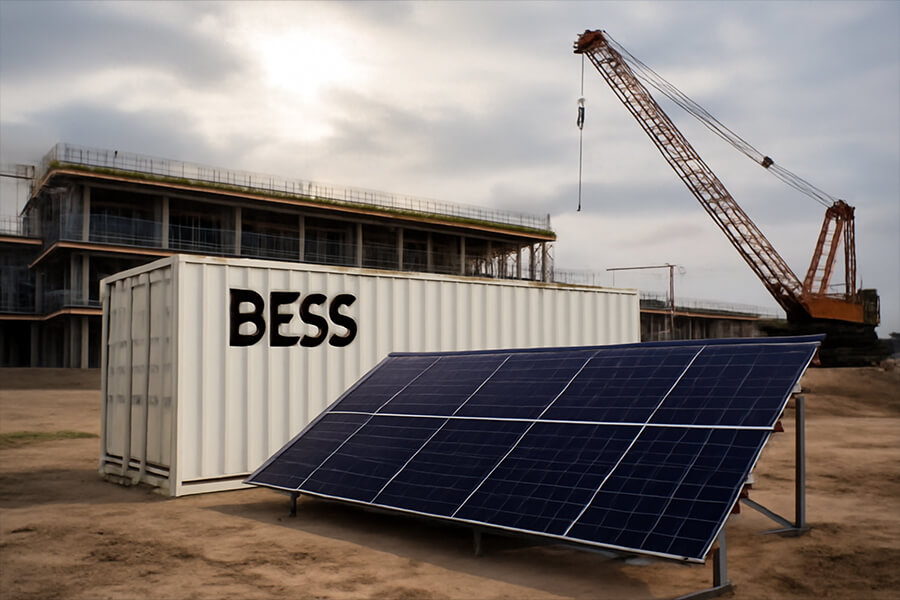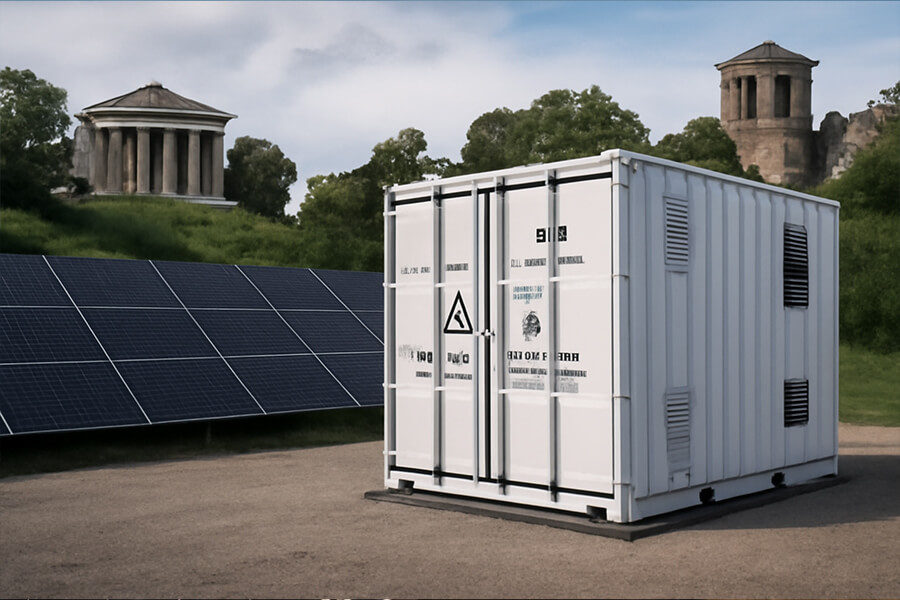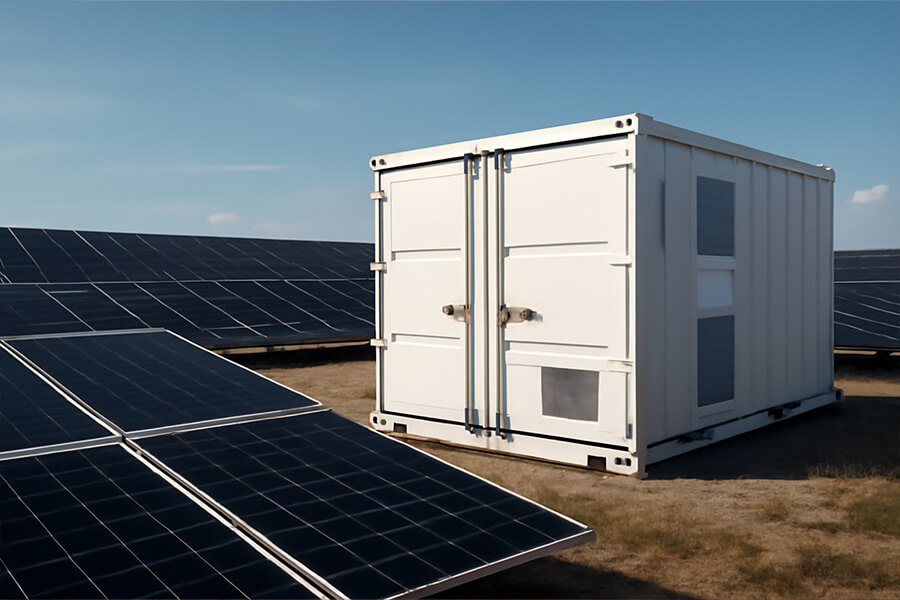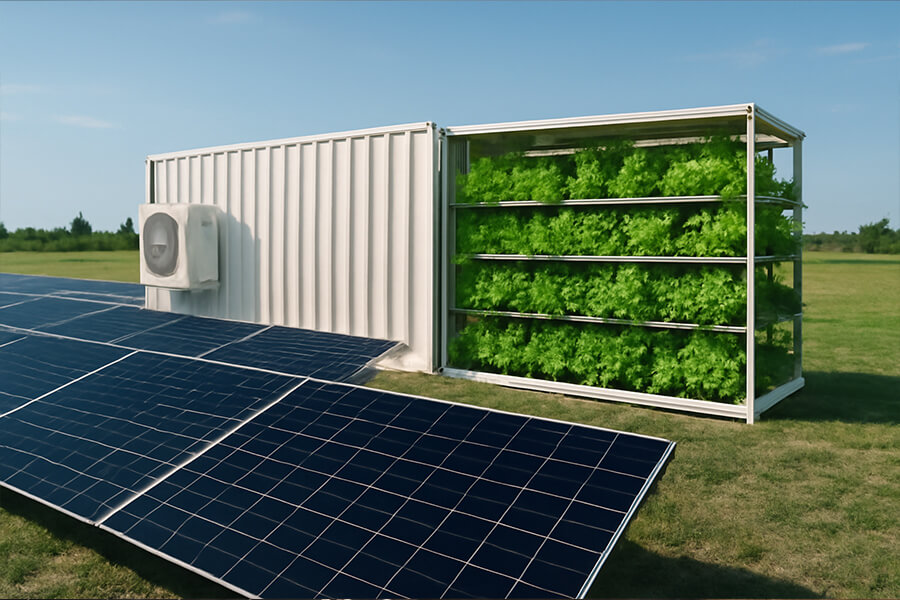There are still vast areas that remain untouched by the conventional power grid. Rural areas, islands, farms, and greenhouses often struggle to access a reliable source of electricity. In the face of this challenge, MaxboSolar steps in with a range of off-grid solar power systems, available in sizes ranging from 10kW to 20MW. This article will delve into the benefits and applications of MaxboSolar’s off-grid solutions, exploring their potential for islands, rural areas, irrigation, agriculture, sheds, and more.
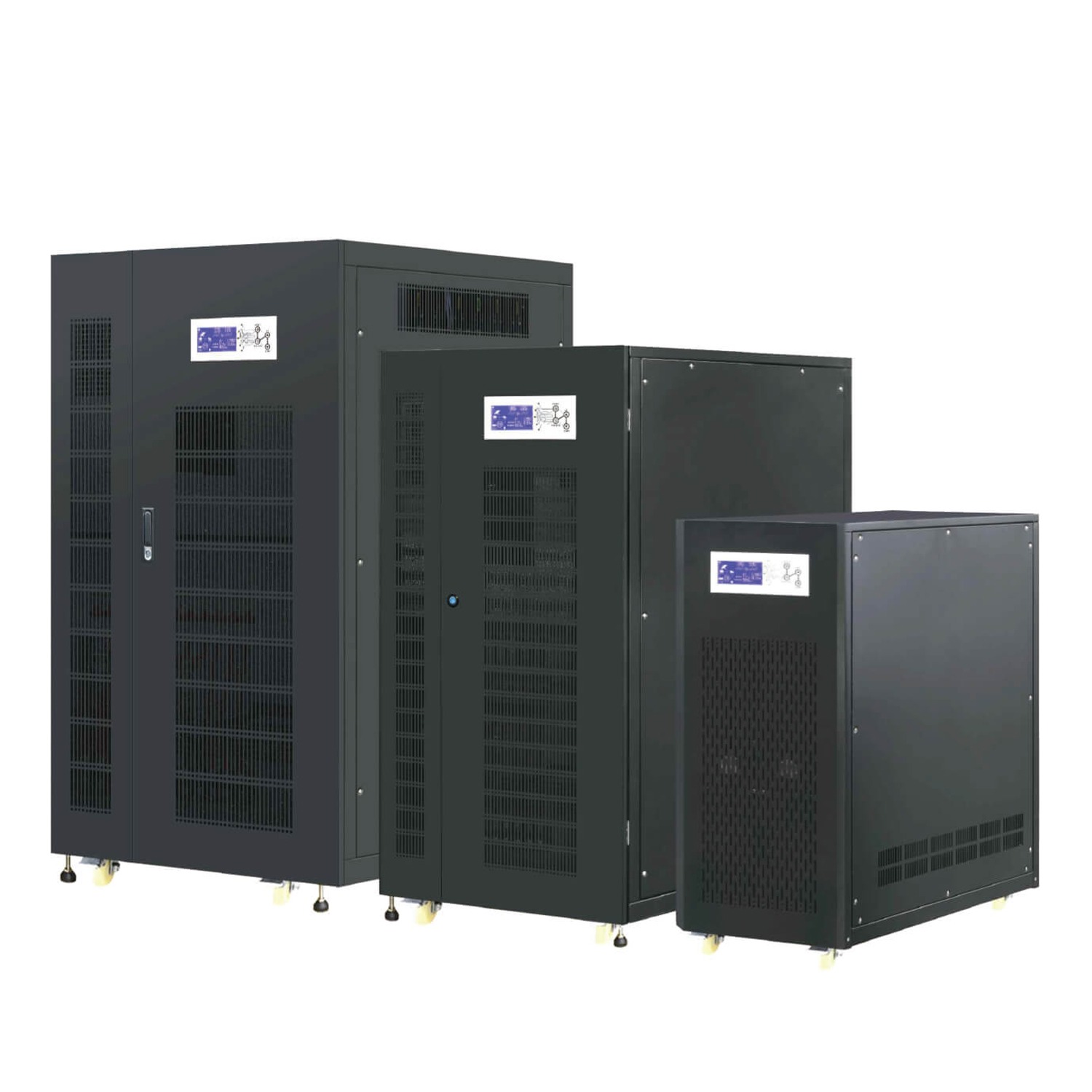
The Need for Off-Grid Solutions:
Many regions worldwide, including islands and remote rural areas, face significant challenges in accessing a stable power supply. Conventional grid extensions can be logistically and economically unviable in these areas. MaxboSolar’s off-grid solar power systems provide a sustainable alternative, utilizing the abundant energy from the sun to generate electricity in a clean and cost-effective manner.
1. Island Power Solutions:
Islands, often constrained by geographical limitations, find it challenging to connect to mainland power grids. MaxboSolar’s off-grid solar systems offer an ideal solution, allowing islands to harness solar energy and become more self-reliant. The 10kW to 20MW range caters to varying energy needs, ensuring that even the smallest islands can benefit from sustainable power generation.
2. Empowering Rural Areas:
Remote rural areas often lack access to consistent electricity, hindering economic development and quality of life. MaxboSolar’s off-grid systems, available in sizes such as 40kW and 100kW, empower rural communities by providing a reliable and sustainable energy source. This not only supports day-to-day activities but also opens up opportunities for education and healthcare improvement.
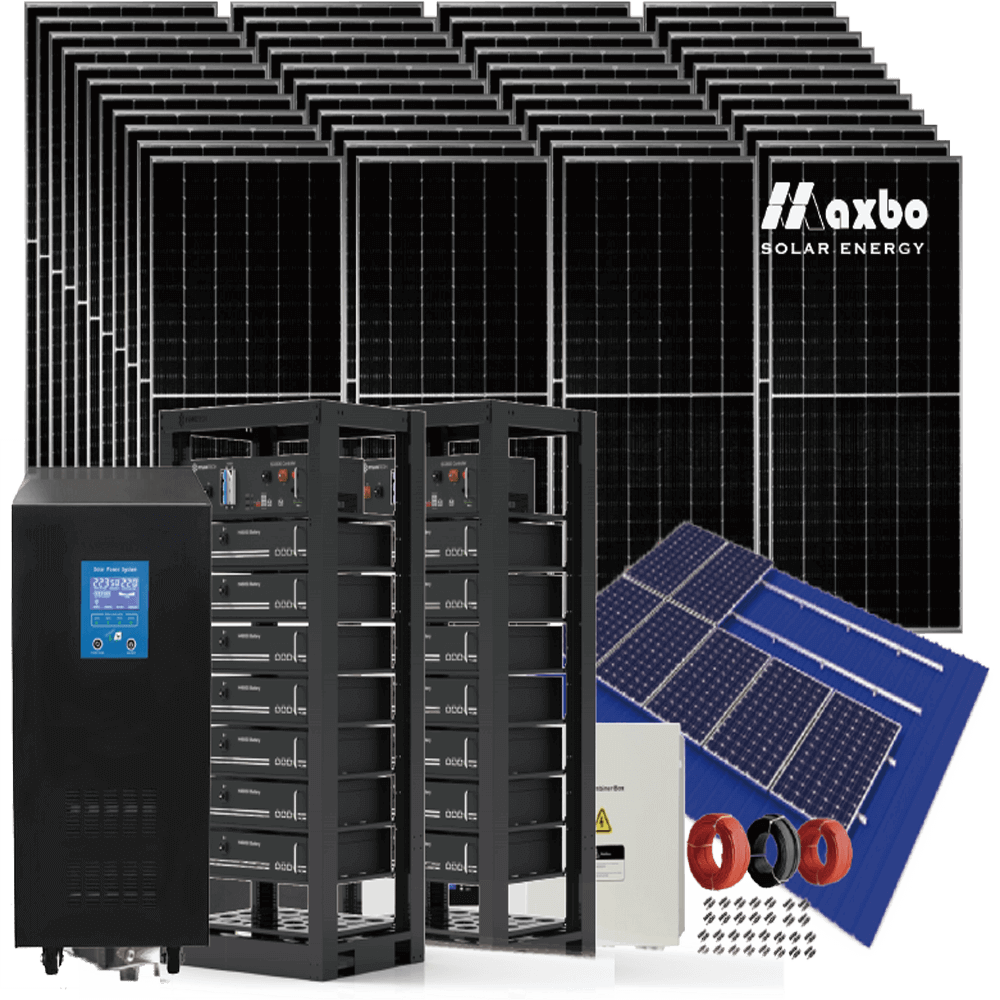
3. Irrigation and Agriculture:
Agriculture, a backbone of many economies, requires a consistent and affordable power source. MaxboSolar’s off-grid solutions, spanning from 10kW to 1MW, can power irrigation systems, machinery, and other agricultural operations. This not only enhances productivity but also reduces the environmental impact associated with traditional power sources.
4. Sheds and Remote Areas:
Sheds, workshops, and remote work areas often lack access to grid electricity. MaxboSolar’s 500kW and 1MW systems cater to larger energy demands, making them suitable for powering sheds, workshops, and remote construction sites. These off-grid solutions provide the necessary energy for tools and equipment, promoting efficiency and productivity.
5. Farms and Villages:
MaxboSolar’s 2MW and 10MW off-grid solar power systems are designed to meet the energy demands of larger communities, such as farms and villages. These systems offer a sustainable and scalable solution, providing electricity for lighting, appliances, and machinery, thereby fostering rural development.
6. Hydroponic Systems and Greenhouses:
Modern agricultural practices, such as hydroponics and greenhouse farming, rely heavily on electricity. MaxboSolar’s diverse range of off-grid systems ensures that these energy-intensive operations can thrive sustainably. From 40kW to 10MW, these systems can power lighting, heating, and ventilation systems crucial for the success of hydroponic farming and greenhouse cultivation.
7. Garages and Beyond:
Even smaller-scale operations, like garages and workshops, benefit from MaxboSolar’s off-grid solutions. The 10kW to 100kW range ensures that these setups have access to reliable and eco-friendly power, supporting various activities from mechanical work to crafting.
Conclusion:
MaxboSolar’s off-grid solar power systems stand as a beacon of hope for areas beyond the reach of conventional power grids. From islands to rural communities, farms to greenhouses, these systems offer a sustainable and reliable source of electricity. The diverse range of sizes, from 10kW to 20MW, ensures that MaxboSolar can cater to the unique energy needs of a wide array of applications, bringing light and power to places that need it most. In doing so, MaxboSolar contributes not only to the fight against climate change but also to the empowerment and development of communities worldwide.

